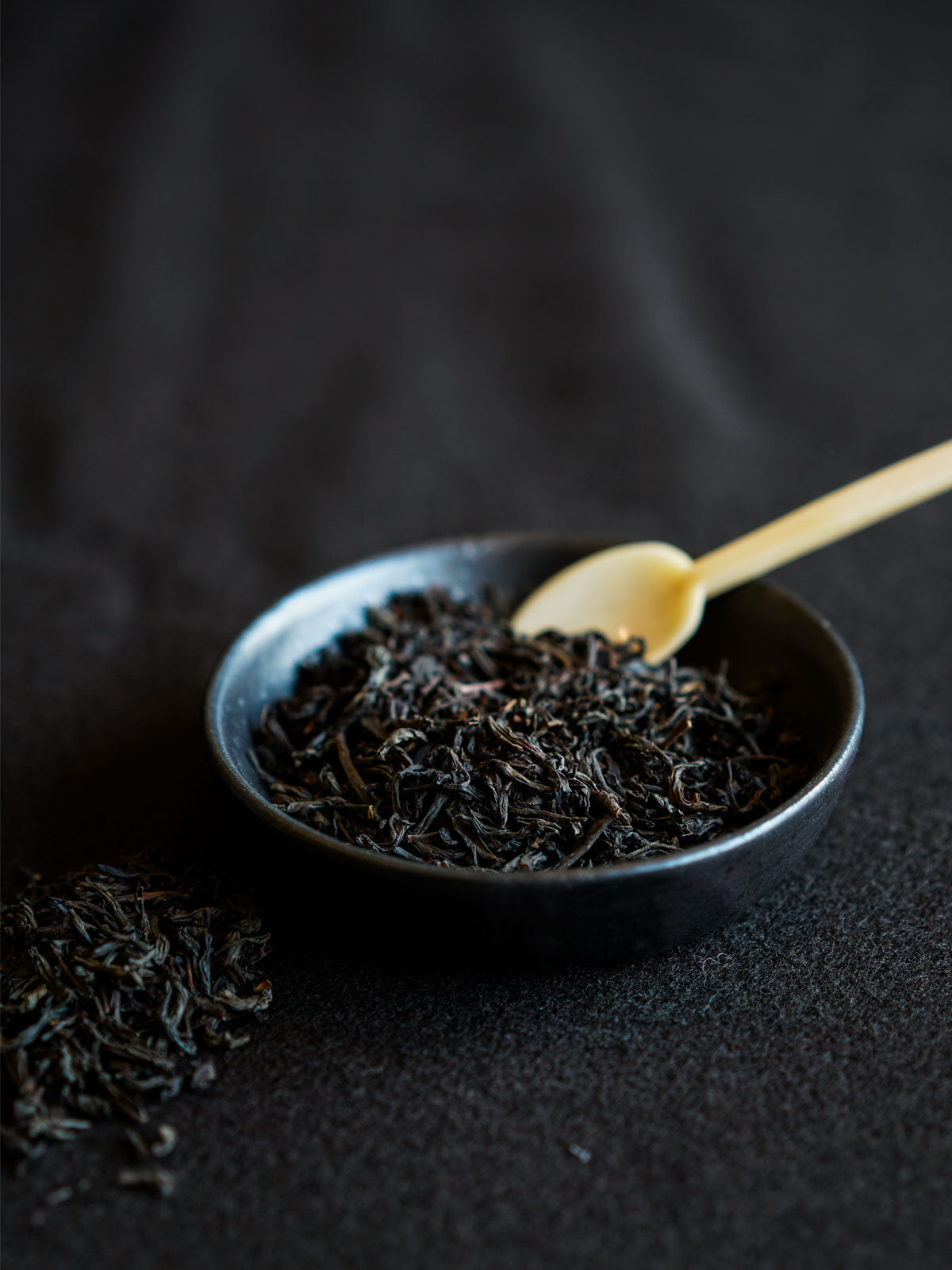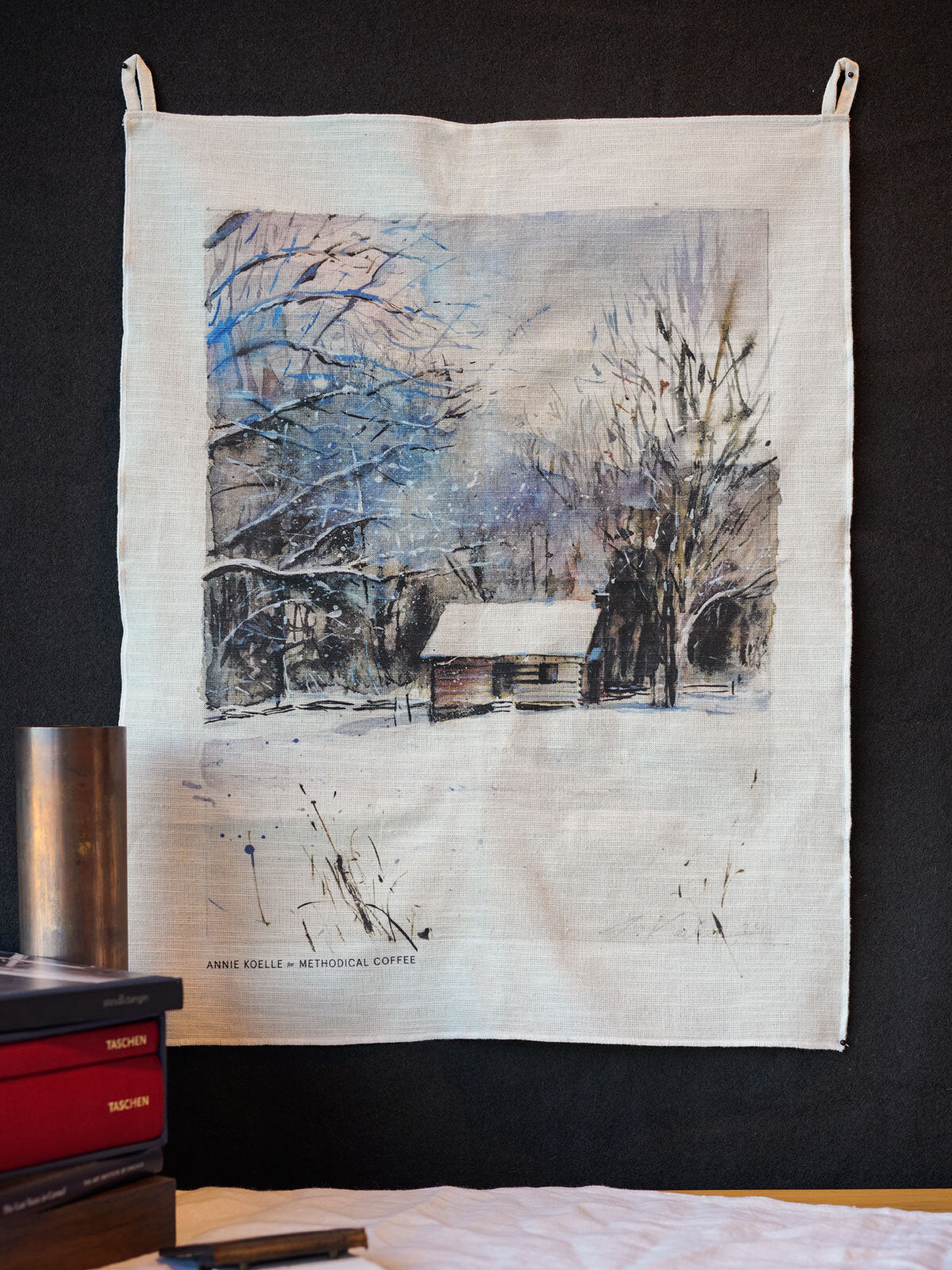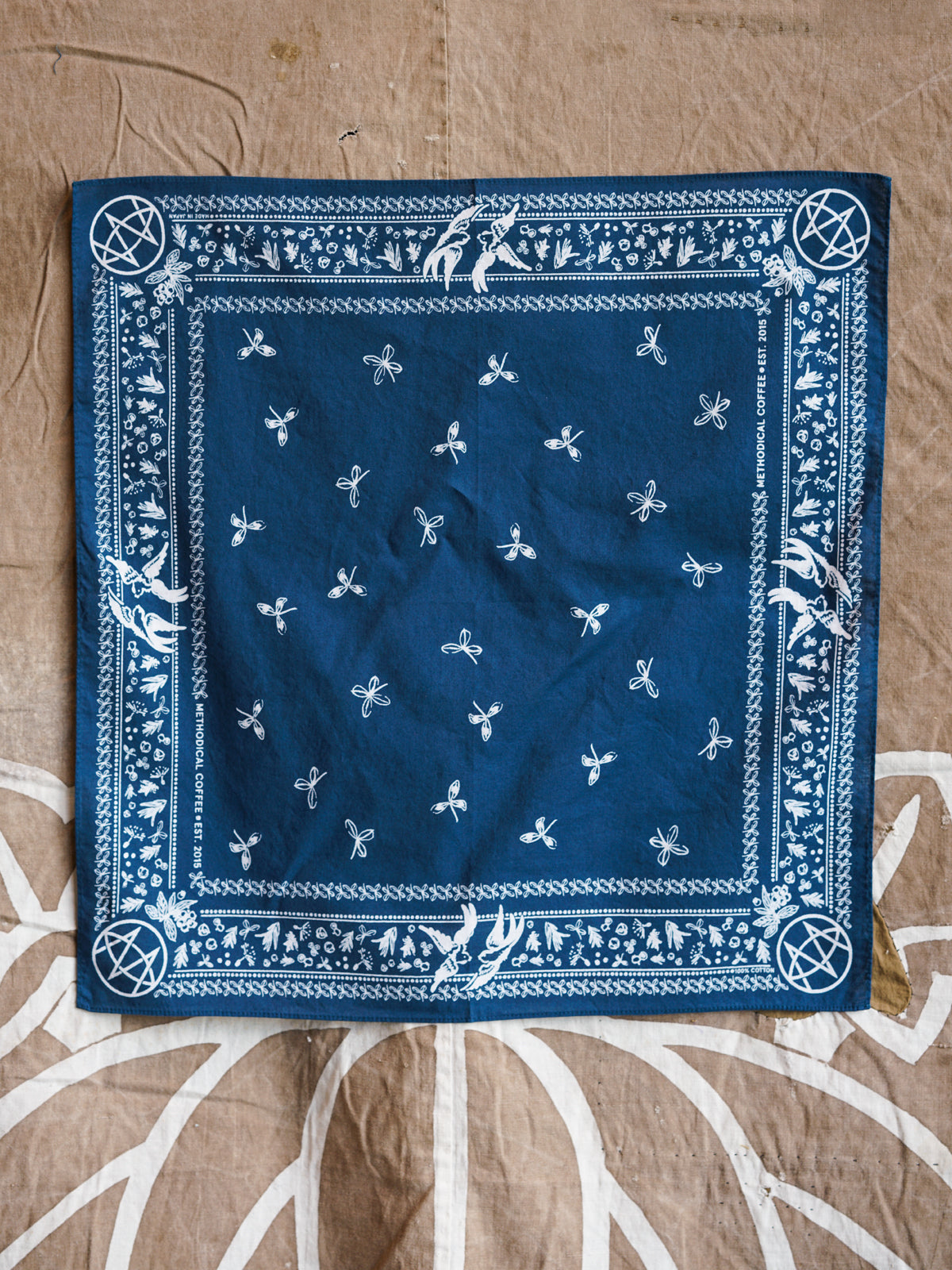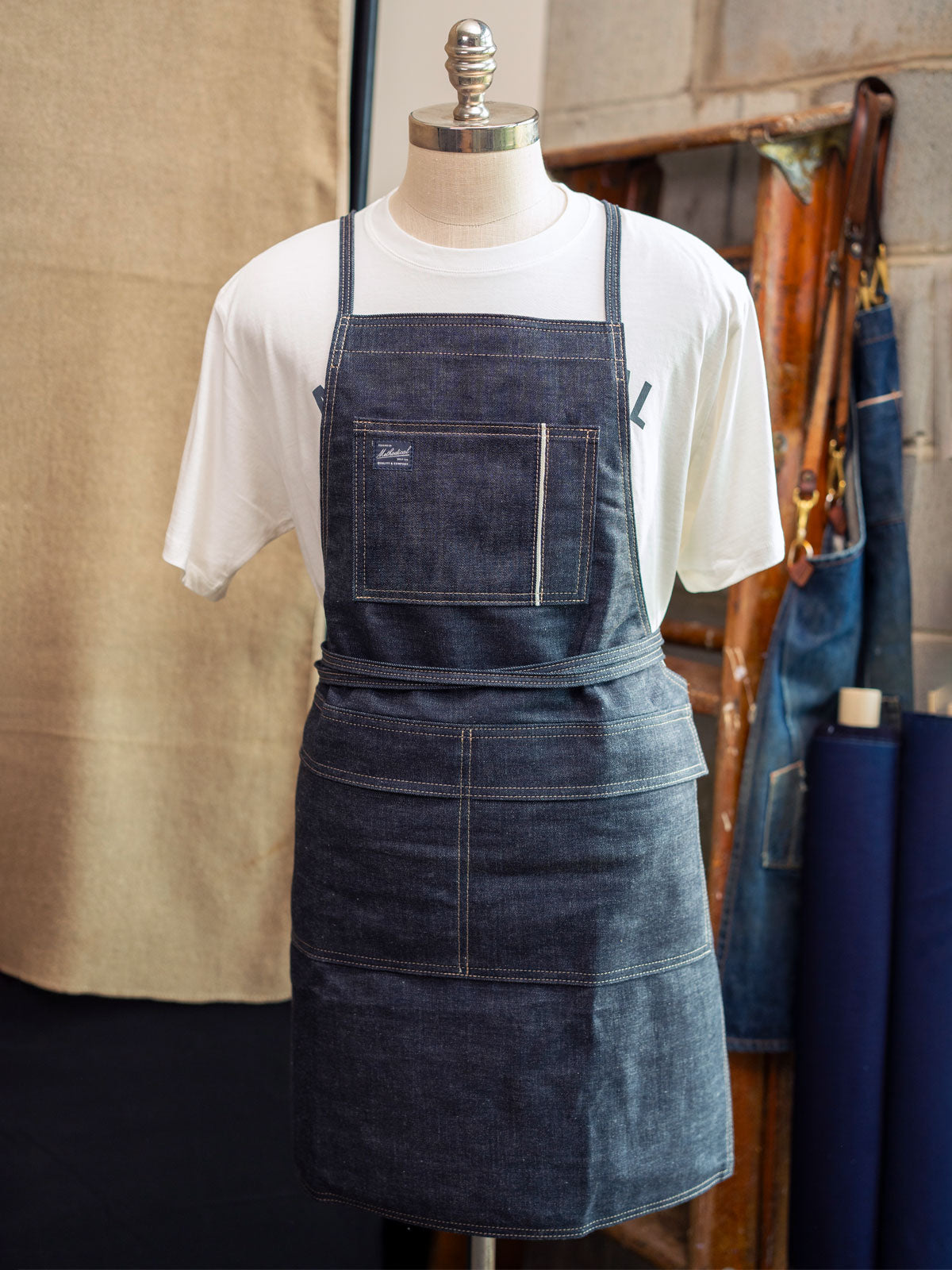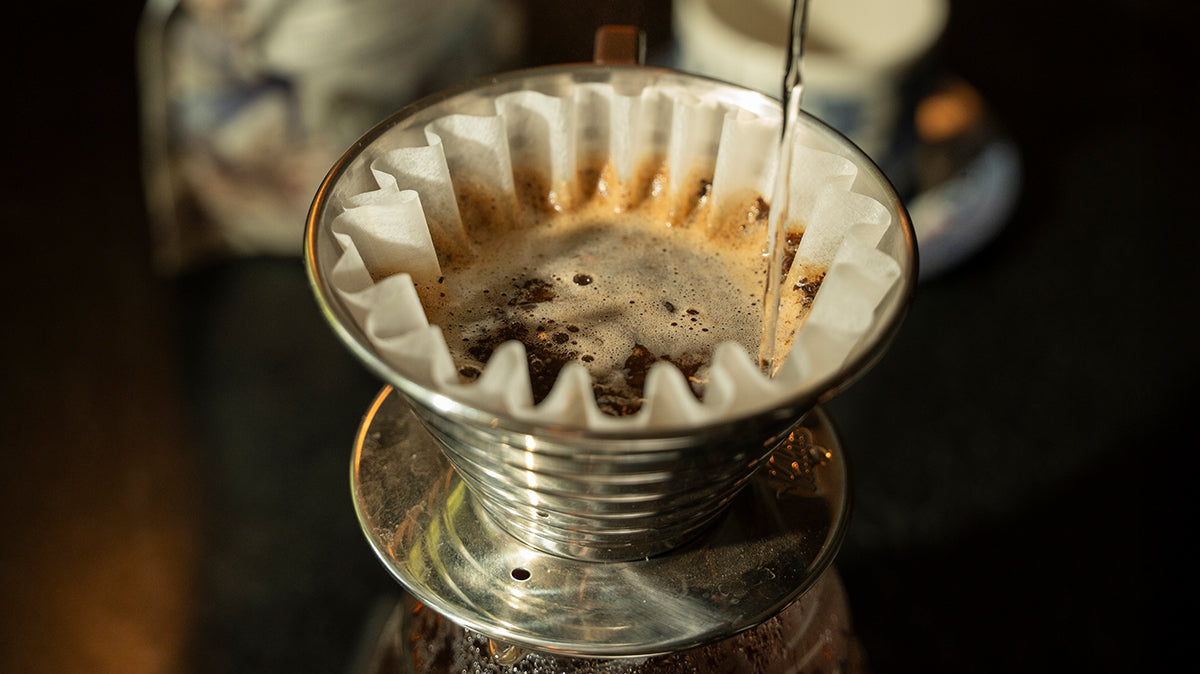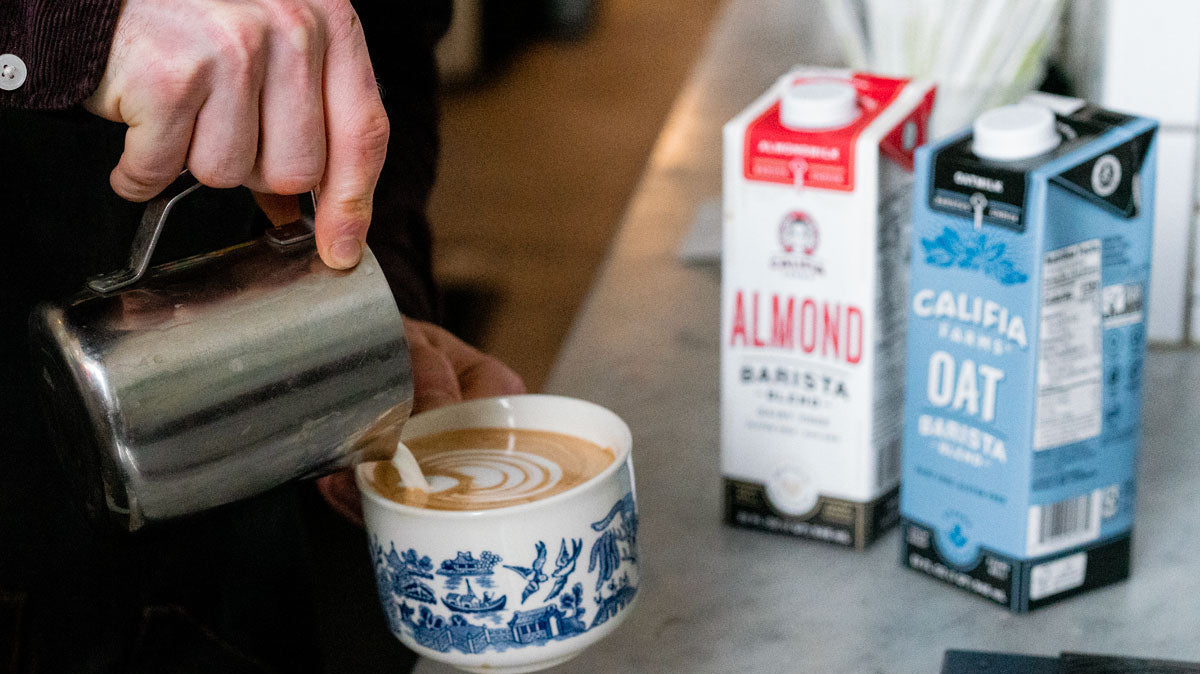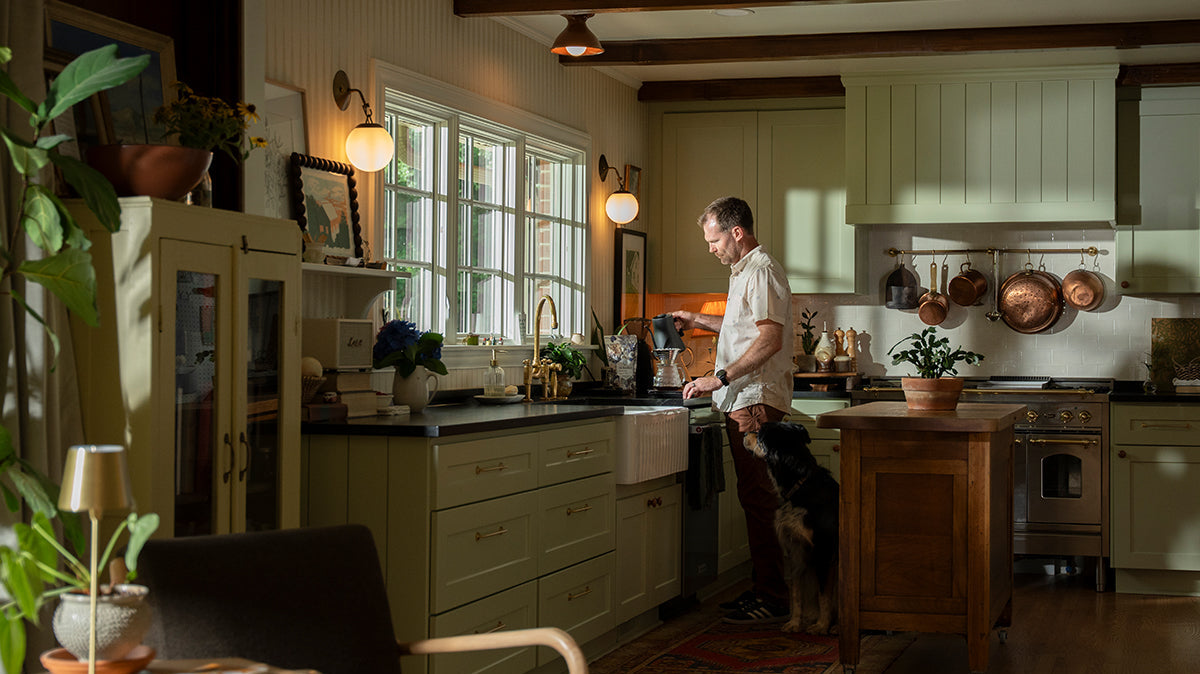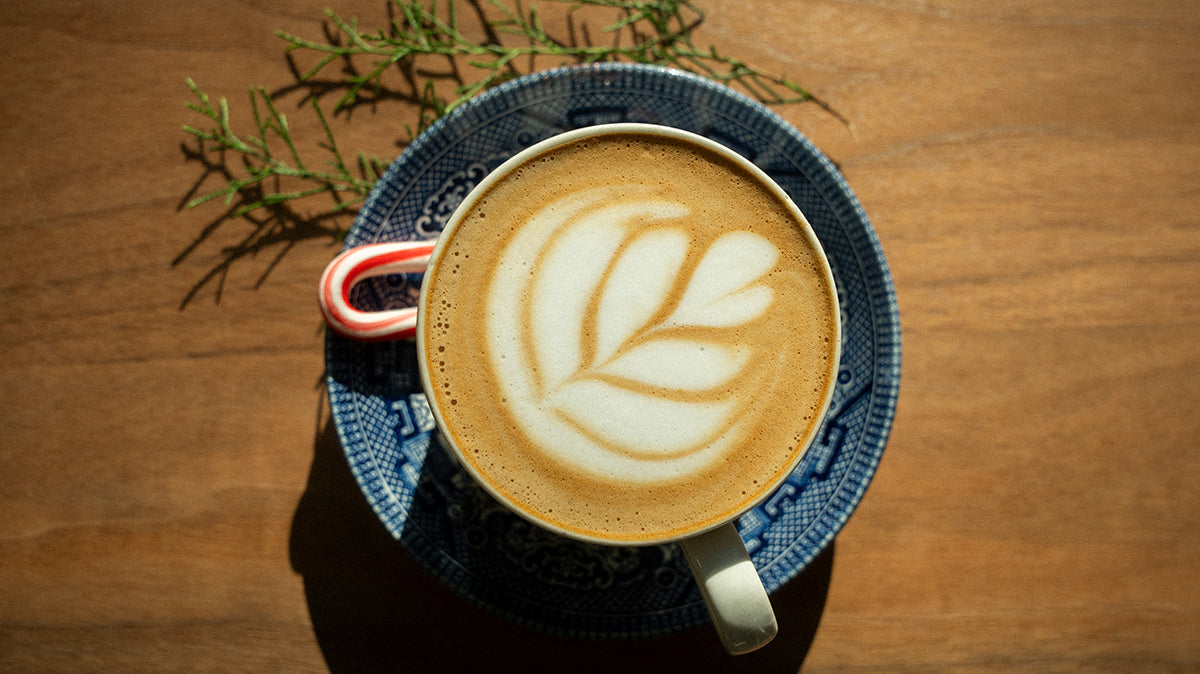Decaf coffee has been a little misunderstood, tucked at the end of the menu like an afterthought. But in truth, decaf is coffee in every sense of the word: grown with care, roasted with precision, and crafted to reveal flavor and balance—just without as much caffeine.
The modern decaf drinker isn’t giving something up; they’re making an intentional choice. Maybe it’s a desire to savor coffee later in the day, or to cut back on caffeine without losing the ritual of a morning pour-over. Whatever the reason, decaf coffee offers a chance to slow down and rediscover what makes coffee special in the first place.
In this guide, we’ll explore what decaf coffee really is, how it’s made, the most common misconceptions that surround it, and the many benefits it brings to the table. Because once you understand how thoughtful decaf can be, you might find yourself reaching for it more often than you expect.
What is Decaf Coffee?
Decaf coffee is, quite simply, coffee with most of the caffeine removed. It starts out like any other coffee—grown, harvested, processed, and roasted—but before roasting, the green beans go through a decaffeination process that removes between 97% and 99.9% of their caffeine content.
While that might sound straightforward, it’s worth pausing on what makes decaf special. Decaf is the same Coffea arabica or Coffea canephora (robusta) beans you already know and love. The difference lies in what happens before the roast.
A Low-Caffeine Option
Despite the name, decaf coffee still contains a small amount of caffeine—usually around 2 to 5 milligrams per 8-ounce cup, compared to the 65 to 120 milligrams found in regular coffee. That small trace of caffeine is why some people who are extremely sensitive may still feel mild effects from decaf, but for most, it’s negligible.
This reduced caffeine content makes decaf an excellent choice for:
- Coffee lovers who want to enjoy a late-evening cup without disrupting sleep
- People with caffeine sensitivity, acid reflux, or heart conditions that make caffeine tricky
- Those seeking to reduce caffeine intake gradually, without giving up the comfort of coffee entirely
Flavor Without the Buzz
When made well, decaf coffee still captures the complexity, aroma, and sweetness that define a great cup of coffee. The key is in the decaffeination process—modern methods preserve the compounds responsible for flavor, leaving behind a brew that’s smooth, rich, and balanced.
How is Decaf Coffee Made?
There are a few ways to remove caffeine from coffee beans, each using a slightly different method, but all with the same goal: to keep the flavor and aroma intact while taking out the caffeine.
Washed Ethyl Acetate (EA) Process
Also known as the sugarcane process, this is the method we use for most of our decaf coffees. Ethyl acetate is a naturally occurring compound found in fruits and sugarcane—it’s the same molecule that gives some fruits their sweet, fruity aroma.
Here’s how it works:
- Green coffee beans are first steamed and moistened.
- They’re then washed in a natural ethyl acetate solution, which bonds specifically to caffeine molecules and gently removes them.
-
Finally, the beans are rinsed and dried, leaving behind their flavor compounds while removing up to 97% of the caffeine.
Because the ethyl acetate used in this process is naturally derived, it’s considered one of the most sustainable and flavor-friendly methods available. The end result is a coffee that’s clean, sweet, and true to its origin—often with a subtle caramel or fruity sweetness that complements its natural profile.
Swiss Water Process
The Swiss Water Process uses only water, time, and temperature to remove caffeine—no added chemicals. The beans are soaked in hot water to draw out the caffeine and flavor compounds. The water is then filtered through activated carbon to remove just the caffeine, and the flavor-rich water (called “green coffee extract”) is reused for the next batch of beans.
This process is chemical-free and transparent, making it popular among roasters who prioritize purity. The resulting cup tends to have a round, balanced flavor with slightly less body than EA-processed decaf.
Carbon Dioxide (CO₂) Process
The CO₂ method uses pressurized carbon dioxide to selectively dissolve caffeine from coffee beans while leaving most flavor compounds intact. It’s efficient and precise, often used for large-scale or commercial decaf production.
Because it’s costly to run, you’ll find CO₂ decaf more often in larger roasteries or instant coffee production than in small-batch specialty roasting. When done well, though, it preserves the coffee’s natural brightness and body remarkably well.
Common Decaf Coffee Misconceptions
For a long time, decaf carried a bit of a stigma. People dismissed it as weak, flavorless, or overly processed—a beverage that belonged in the trash rather than the mug. But modern decaf has come a long way. Thanks to better processing methods and specialty roasters who treat decaf with the same respect as any other coffee, many of these old assumptions simply don’t hold up.
Here are some of the most common misconceptions—and the truth behind them.
“Decaf coffee is bad for you.”
This belief dates back to decades-old decaffeination methods that used harsh solvents like methylene chloride or trichloroethylene. Those methods have long been abandoned or heavily regulated.
Today’s specialty decafs use natural, food-safe processes derived from fruit or sugarcane, or rely entirely on water or CO₂. These methods remove caffeine gently and cleanly, leaving no harmful residues behind. In fact, decaf coffee retains the same antioxidants, minerals, and beneficial compounds as regular coffee—just with much less caffeine.
Learn more: 10 Coffee Myths and Misconceptions
“Decaf coffee has zero caffeine.”
Despite the name, decaf isn’t 100% caffeine-free. Most decaf contains about 2–5 milligrams of caffeine per cup, compared to the 70–140 milligrams found in a standard brewed coffee.
That tiny trace is rarely noticeable for most drinkers, but it’s worth remembering if you’re extremely caffeine-sensitive or trying to eliminate it entirely. For nearly everyone else, it’s the perfect middle ground: all the flavor, minimal buzz.
“Decaf dehydrates you.”
This one’s easy to debunk. Coffee—decaf or otherwise—is mostly water, and moderate coffee consumption actually contributes to your daily hydration. While caffeine can have a mild diuretic effect, the small amount in decaf isn’t enough to dehydrate you. In fact, drinking decaf can be a gentle, hydrating way to enjoy the ritual of coffee throughout the day or evening.
“Decaf tastes bad.”
This might have been true once, but not anymore. Historically, decaf was made from lower-grade beans that couldn’t hold up to the decaffeination process, leading to a flat or papery taste.
Modern decafs tell a different story. Specialty roasters now select high-quality green coffee and use gentle, precise methods that preserve origin character. The result is a cup that’s full-bodied, balanced, and often sweet—especially when roasted intentionally for decaf rather than as an afterthought.
The Benefits of Decaf Coffee
Decaf isn’t just for those avoiding caffeine—it’s for anyone who wants to enjoy the flavor, aroma, and ritual of coffee at any hour of the day. From supporting better sleep to offering a gentler drinking experience, decaf carries many of the same rewards as regular coffee, just with a little less stimulation.
Here are a few of the most meaningful benefits.
You can enjoy coffee anytime.
Perhaps the most obvious benefit of decaf is flexibility. You can brew a cup after dinner, enjoy an espresso late in the afternoon, or sip a pour-over while winding down for the night, all without worrying about caffeine keeping you up. For coffee lovers who value ritual as much as energy, decaf lets you preserve those moments without compromise.
It’s easier on sensitive systems.
Caffeine affects everyone differently. For some, it can lead to jitters, anxiety, or heart palpitations. For others, it can exacerbate acid reflux or irritate the stomach. Decaf offers a gentler alternative, allowing you to enjoy the sensory experience of coffee—its warmth, comfort, and complexity—without over-stimulating the body.
It still provides antioxidants and nutrients.
Decaf coffee retains many of the same beneficial compounds found in regular coffee, including polyphenols, magnesium, and chlorogenic acids—natural antioxidants linked to reduced inflammation and improved metabolic health.
It supports mindful consumption.
While coffee provides many with much needed energy, it’s also a sensory experience and daily ritual people come to enjoy. Decaf invites you to focus on those qualities, savoring the tasting notes and body of each cup more than the jolt of energy it provides.
For many people, switching to decaf in the afternoon or evening encourages a more intentional coffee routine—one that prioritizes enjoyment and balance.
It broadens your coffee experience.
If you’ve never explored decaf before, you might be surprised by the variety available today. From caramel-sweet Colombian lots to fruit-forward Ethiopian decafs, these coffees have just as much complexity and terroir-driven character as their caffeinated counterparts.
What to Look for in a Great Decaf Coffee
Not all decaf is created equal. While modern decaffeination methods have raised the bar dramatically, the quality of a decaf coffee still depends on where it’s grown, how it’s processed, and who’s roasting it. Here are a few things to keep in mind when choosing a great decaf coffee.
1. Process transparency
Look for roasters who clearly state how their decaf coffee is processed. Methods like the washed ethyl acetate (sugarcane) process, Swiss Water, or CO₂ extraction are clean, safe, and preserve flavor integrity. Transparency shows that the roaster values quality and that they’re sourcing decaf with the same care as any other coffee.
2. Specialty-grade sourcing
The best decaf starts with great green coffee. When high-quality beans are chosen for decaffeination, they maintain their sweetness, complexity, and balance even after caffeine removal. If the bag lists the origin, variety, and tasting notes, that’s a good sign you’re looking at a coffee that’s been sourced intentionally rather than as an afterthought.
3. Freshness matters
Decaf ages just like regular coffee. Always check the roast date and aim to buy from roasters who roast to order or maintain frequent roast schedules. Fresh decaf will have more clarity and sweetness, and will brew more consistently across methods.
4. Roast style
Some roasters lean darker with decaf to bring out chocolatey, caramelized notes; others roast lighter to highlight a coffee’s natural fruitiness. There’s no wrong choice—it depends on your palate.
If you prefer a classic, comforting cup, go for a medium or dark-roasted decaf. One of our most popular decaf varieties is our Sunset Decaf, a balanced blend with notes of citrus, brown sugar, and chocolate. Like your coffee a little more robust? Our Unwind Decaf is a dark, roasty blend with notes of chocolate and almond brittle.
If you enjoy brighter, fruit-forward flavors, look for a lighter roast or a single-origin decaf. Our Repose Decaf is bright, fruity, and funky, with notes of strawberry, raspberry, and brown sugar.
5. Support roasters who take decaf seriously
The difference between mediocre and excellent decaf often comes down to care. Roasters who develop separate roast profiles for their decaf, rather than treating it as an afterthought, tend to produce coffees that stand on their own merit.
Final Thoughts
At its best, decaf coffee challenges our assumptions about what coffee should be. It proves that flavor, depth, and comfort don’t rely on caffeine; they rely on care. When grown responsibly, processed cleanly, and roasted with intention, decaf can express the same complexity and joy as any single-origin lot or seasonal blend.
At Methodical, we believe every cup should invite reflection and pleasure, whether it’s brimming with caffeine or not. Our decaf offerings are a testament to that belief—proof that great coffee isn’t defined by how much energy it gives you, but by how deeply it helps you savor the moment.
Shop Methodical Decaf Coffee →
You might also like:
- How to Get Into Coffee: A Guide to Coffee for Beginners
- 8 Healthy Ways to Sweeten Coffee Without Sugar
- 6 Benefits of Drinking Coffee Before Working Out
- What is Blonde Espresso? Insights From a Coffee Roaster


